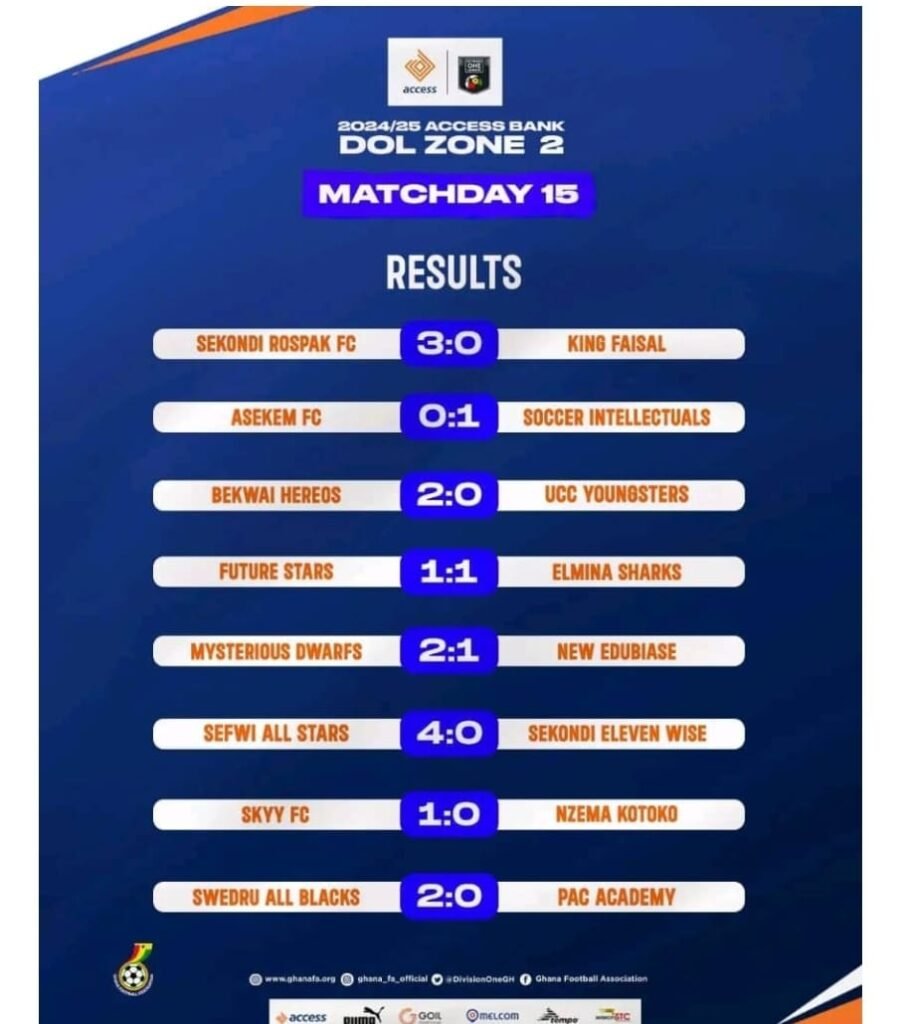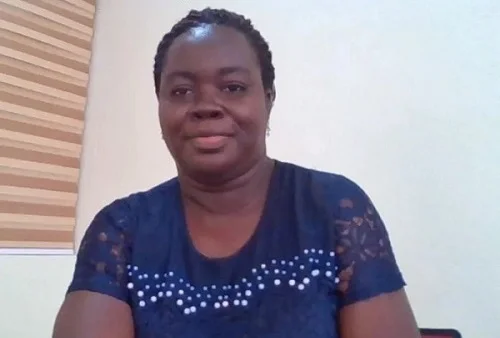Hot!
GFA retains Otto Addo-led technical team to lead Ghana to World Cup

The Black Stars technical team of Otto Addo, Chris Hughton, George Boateng and Mas-Ud Didi Dramani will lead the team to the Qatar 2022 World Cup.
This follows an announcement by the Ghana Football Association (GFA) on Tuesday that confirmed that the quartet will be in charge until the end of December 2022.
Addo will, therefore, be Ghana’s head coach in Qatar, while Hughton will also maintain his role as technical director.
Boateng and Didi Dramani, on the other hand, have also been retained as key members of the technical team that guided the team to qualify for the World Cup.
“The Ghana Football Association has appointed Otto Addo, Chris Hughton, George Boateng and Mas-Ud Didi Dramani as coaches of the senior national team, the Black Stars until the end of December 2022,” a statement from the GFA said.
“The quartet who masterminded Ghana’s qualification to the FIFA World Cup Qatar 2022 tournament will stay on to see to Ghana’s preparation for the world cup, the 2023 AFCON qualifiers and the world cup itself.
“This follows an exhaustive negotiation and engagement with all relevant stakeholders including the Ministry of Youth and Sports.
“The Coaches will soon name their squad for Matchday 1 and 2 of the TotalEnergies Africa Cup of Nation Cote D’Ivoire 2023 qualifiers and the four-nation tournament in Japan.”

Addo and the other members of the technical team will immediately turn attention to the upcoming 2023 Africa Cup of Nations (AFCON) qualifiers.
Ghana has been paired in the same group with Madagascar, Angola and the Central African Republic (CAR) in the qualifiers for the tournament, which will be hosted by the Ivory Coast next year.
However, the four-time African champions will begin the qualification series in June, with two games to be played.
The Black Stars will host Madagascar at the Cape Coast Stadium on June 1, before taking on CAR four days later.
Meanwhile, Addo’s side will also have to navigate their way through a tricky World Cup group later this year after being paired in Group H, alongside Portugal, Uruguay and South Korea.
www.pulse.com.gh
Hot!
Swedru All Blacks back to winning ways, Roshan humble King Faisal

Sekondi Rospak FC made it eight wins in eight successive home games after three second-half goals from John Amoah, Joseph Ntow and Stephen Anthony Kofi. John Amoah opened the scoring in the 55th minute after a barren first half. Joseph Ntow added to the tally in the 56th minute before Stephen Anthony Kofi rounded things up in the 74th minute to give Rospak a 3-0 win over former Premier League side King Faisal.
Elsewhere at Swedru – leaders Swedru All Blacks humbled PAC Academy in an emphatic 2-0 win. Zayat Bubakari scored first for Swedru All Blacks in the 27th minute before Rudolf Junior Nana Kwasi Mensah made it 2-0 in the 34th minute. Swedru All Blacks are top of the table with 36 points – 4 points ahead of second placed Rospak FC.
Meanwhile, Former Premier League side Cape Coast Mysterious Dwarfs recorded their fourth successive home victory after beaten New Edubiase United 2-1 at the Robert Mensah Park. Enoch Odoom struck first for Cape Coast Mysterious Dwarfs in the 19th minute but Steven Asante equalized for New Edubiase United before halftime. After the interval, Godfred Eshun scored from distance in the 65th minute to help Cape Coast Mysterious Dwarfs secure all the points.
Here are the results in Zone Two

Hot!
Cervical Cancer alert: Avoid sex at early age

The Programmes Manager of Non-Communicable Diseases (NCDs) of the Ghana Health Service (GHS), Dr Mary Efua Commeh, has advised young girls to avoid sex at an early age.
This, she explained, will give the cervix the opportunity to mature before they become sexually active.
“You need to delay what we call the first sexual intercourse as much as possible to give the cervix the opportunity to mature before the person becomes sexually active,” she said.
Dr Commeh stated this in an interview with The Spectator in Accra on Tuesday as a part of the Cervical Cancer awareness month.
According to her, cervical cancer was the second leading female cancer in Ghana with a total of about 3,072 cases annually, and out of that, 1,815 deaths are recorded, representing more than 50 per cent.
She indicated that “If young girls are going to be sexually active, then you need to talk to your parents about being vaccinated.”
She explained that vaccinating young girls against human papillomavirus (HPV) has been found to be a very effective way of preventing cervical cancer.
“There are countries that started HPV vaccination years ago and they are not seeing any cervical cancers now because they would have eliminated most of the high-risk HPVs in their women. So if the high-risk HPV is not there, then obviously the results on cervical cancers are going to go down,” she added.
Dr Commmey said the HPV vaccination is recommended for young girls aged nine to 14 years, adding that it had been found to be highly effective, not just for cervical cancers but for other HPV-related cancers, such as anal cancers, cancers of the vagina, genital warts, amongst others.
She further elaborated that the idea is to put up a barrier before the HPV comes in and that once a young female encounters it, she is already protected.
She also mentioned that for cervical cancers, the main cause is called HPV infection, saying generally, all sexually active women acquire HPV at some point in their lives.
However, the Programmes Manager of NCDs at the GHS mentioned that the body has a way of clearing the HPV, explaining that it is a natural mechanism that goes on, unfortunately, there are a few women whose HPV persists.
Moreover, she noted that the numbers for Cervical Cancer tend to be much higher because at times, clients would wait, and try all sorts of medications before they finally report to the health facility saying “we actually lose some women before they get to the hospitals with over 75 per cent of the cases coming in its third and fourth stages.”
Dr Commey, therefore, called for public awareness while ensuring the availability of information for prevention and control.
By Jemima Esinam Kuatsinu







